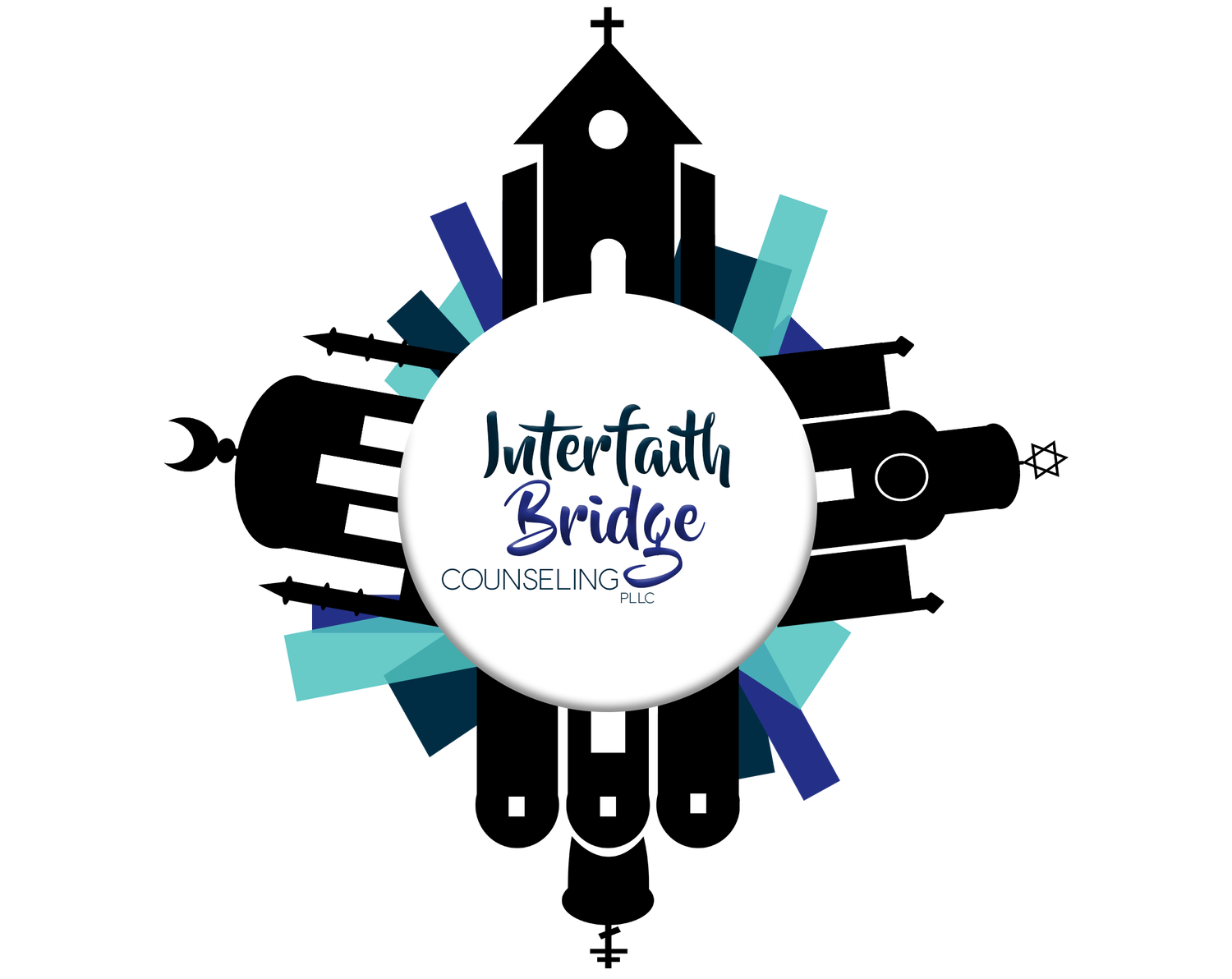Ring in the New Year Through Ritual: How to Have a Burning Bowl Ceremony
Read Time: 8 minutes
With the New Year already here, it might feel as if you want to start off on the right foot. But if you’re anything like us, you may have unwanted memories or feelings tugging along into 2019. And if you want to begin the process of releasing those unwanted memories or feelings, a burning bowl ceremony (also known as a burning bowl ritual) is a great place to start.
From Indigenous Tribes to Hinduism to Practical Christianity to Unitarian Universalism to Paganism, the ritual of having a burning bowl ceremony dates back centuries. The ceremony of the burning bowl ritual often symbolizes the opportunity to create a space for new beginnings, with each part of the ceremony marking a more in depth shift in self-compassion and understanding.
Keep reading to learn how to have your own burning bowl ceremony:
1) Gather Supplies.
Typically, a burning bowl requires paper, a pen or pencil, a lighter or match, and a bowl that is fire-safe, such as a plant pot or a metal trashcan. You may also want to consider where you will be having the ceremony as you do not want to set off your fire alarms nor break any city ordinances.
If you are unable to use fire, you can use a coffee filter as your paper, washable markers as your writing utensil, and a bowl of water instead of fire.
2) Write It Down & Let It Out.
On your piece of paper, write or draw what it is that you want to release, such as feelings or experiences that no longer serve you. By simply placing your pen or pencil to the paper, you have already begun to let go of these memories, these feelings, these experiences. You can write or draw as little or as much as you want. It is completely up to you.
But the most important part of this step is to let your mind unravel onto this paper as it releases any upsets or unpleasant parts of your year. No one but you needs to know what you write or draw on your paper.
3) Release It Into the Bowl.
In a safe place, light a fire in your fire safe bowl, trashcan, or fire pit. If you’ve never lit a fire before, this is a perfect opportunity to ask someone for help. Once your fire is lit, drop your paper into the fire. Take some time and watch your paper burn. If you want to give credence to the cultures that have practiced this for centuries, you can visualize your unwanted memories and feelings rising up with the smoke, releasing their significance from you.
This is also the space to take notice of what you are feeling physically, emotionally, and mentally. You might be feeling fearful, anxious, a sense of loss, or even gratitude. Whatever that feeling or those feelings might be, take notice and then bring yourself back to the burning of your paper. Once your paper has cooled and turned to ash, you may want to scatter the ashes into the wind or away from you and where you completed your ceremony. Some even like to pour them into water so that the ash completely dissolves.
4) Visualize Your New Beginning.
The last step in a burning bowl ceremony is to take some time to visualize your new beginning. It can be helpful to write your intentions or visualizations on a piece of paper, in your phone, or to even create a vision board. Your new beginning can be as small or as large as you want it to be. It is your new beginning, your shift towards self.
Regardless of your reasoning, choosing to start the new year with a burning bowl ceremony is a powerful self-act. When you let go and give space, you experience a sense of personal freedom.
And if you find that you would like some support, either in creating this ceremony or in the aftermath, reach out to me.
Until next time.
About Our Author | Lena McCain MA, LPC. 0017723
Lena McCain is our Founder here at Interfaith Bridge Counseling, where she continues her support as our Clinical Director. She also holds a Master of Arts degree in Clinical Mental Health: Mindfulness-Based Transpersonal Counseling Psychology from Naropa University.
Lena’s drive and passions lie in the realm of community building and youth collaboration, which she has spent the last 12 years studying with an emphasis on one’s exploration of personal growth, community healing, and multicultural values. Lena’s expertise in these areas and the therapeutic field acts as a reminder to our community, teens, and young adults that they are not alone in their experience of life.

![[Image] Scribble picture of an outdoor fire with burning logs, words across image saying "Ring in the New Year Through Ritual: How to Have a Burning Bowl Ceremony."](https://images.squarespace-cdn.com/content/v1/63d95f727c30a3483f4424e4/10cdd4ba-f20c-44e6-b8cd-15ab88354abf/Holistic-Counseling-Person-Centered-Therapy-CO.jpg)
![[Image] Scribble picture of Caucasian woman with hands on her head in front of a graffiti painted wall.](https://images.squarespace-cdn.com/content/v1/63d95f727c30a3483f4424e4/4b9aef58-0ae8-49ba-bcb6-28fd6e376044/Lena-McCain-Teen-Group-Therapist-CO.jpg)